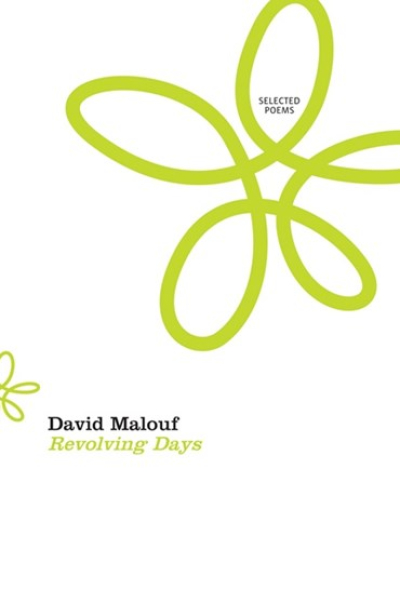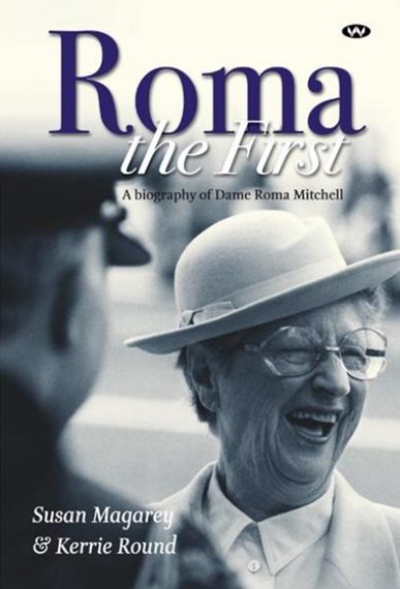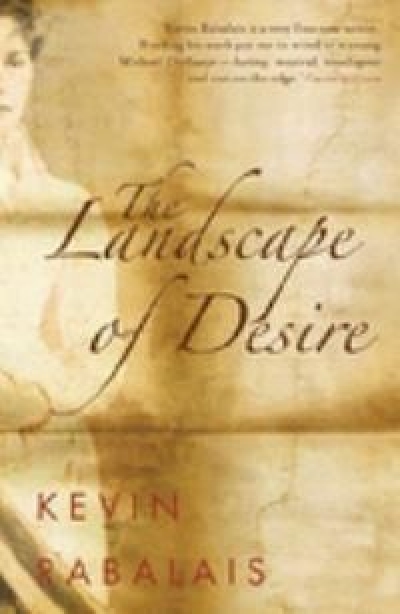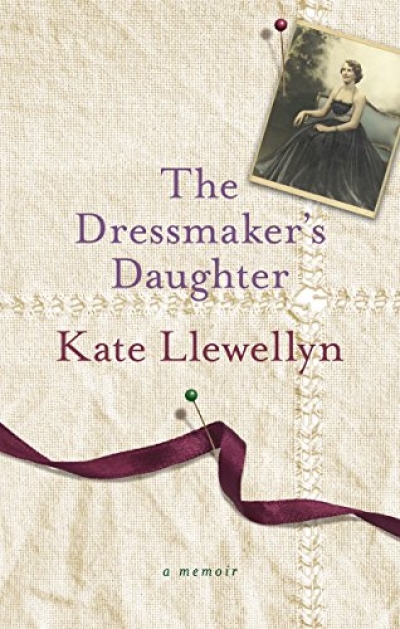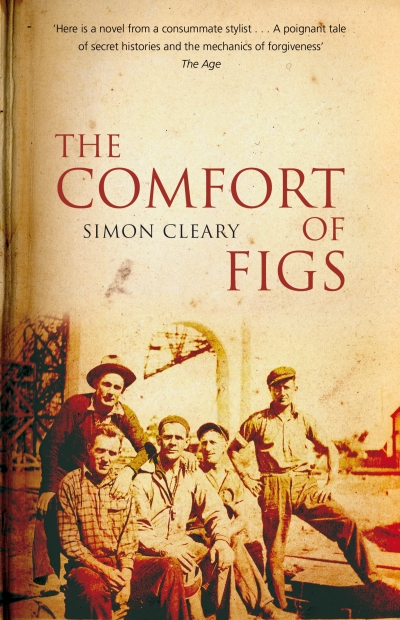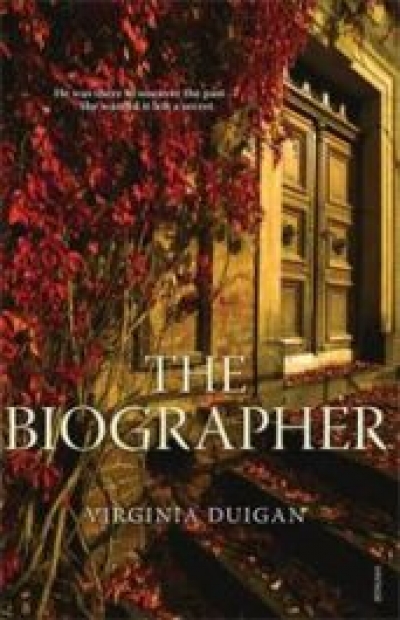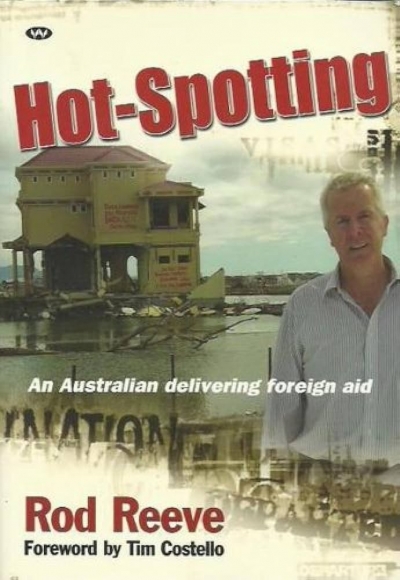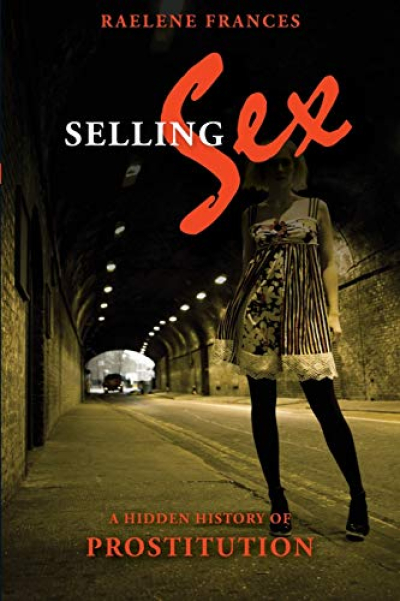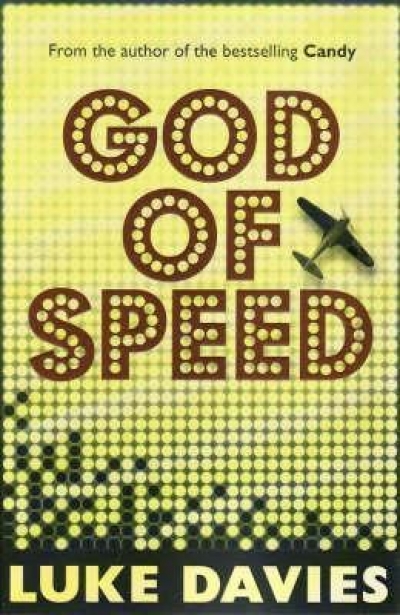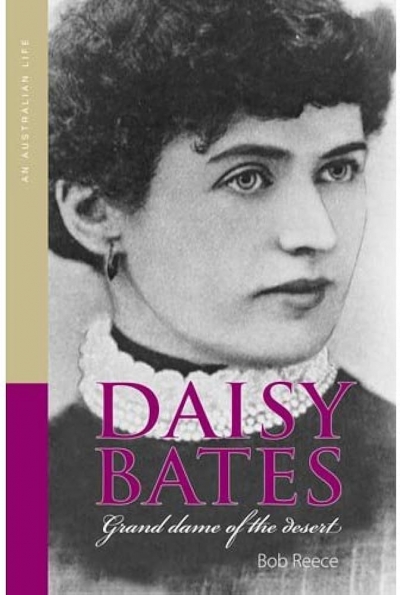Archive
Roma the First: A biography of Dame Roma Mitchell by Susan Magarey and Kerry Round
by Alison Broinowski •
If two swallows do not a summer make, two novels, no matter how similar, are no doubt insufficient to start a new literary sub-genre (no matter how ‘sub’). On the other hand, fashion is said to reflect the Zeitgeist; and biography, in this turbulent millennium, has become both favoured and fashionable. Is it possible then that quite soon a small shelf of the loc ...
Hot-spotting by Rod Reeve & Ardent by Jane Gibian
Selling Sex: A hidden history of prostitution by Raelene Frances
by Jay Daniel Thompson •

